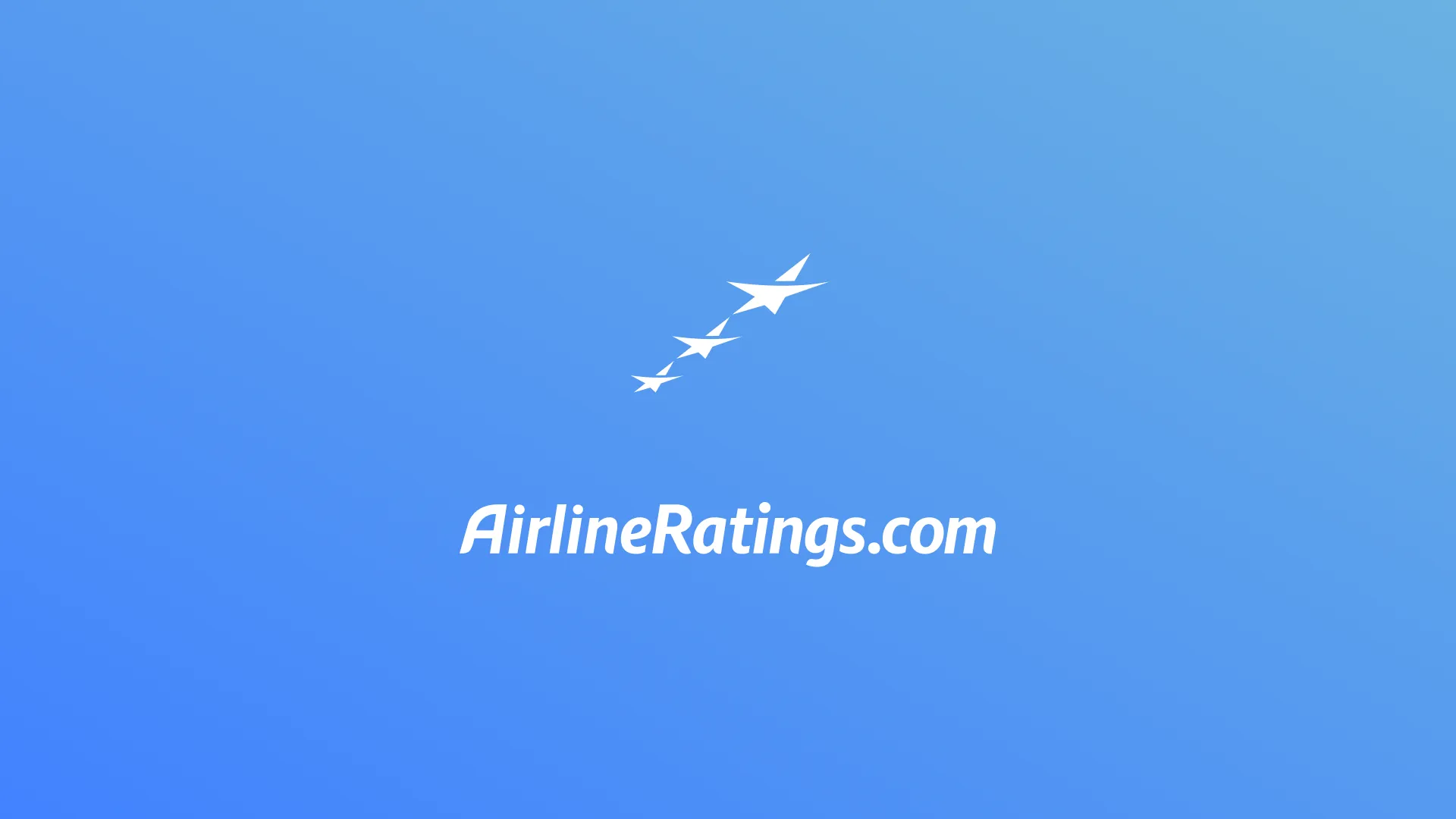
Qantas challenges Boeing and Airbus for more range
Aug 24, 2017

Qantas is pushing Boeing and Airbus to develop aircraft that offer longer ranges to enhance its global connectivity and operational efficiency. With increasing demand for non-stop flights and the desire to link Australia with more distant markets, Qantas seeks innovations that can reduce travel times and fuel costs. The airline's ambition includes exploring new routes that are currently unfeasible due to range limitations. By challenging these aerospace giants, Qantas aims to secure advanced aircraft that meet its evolving needs while also addressing environmental concerns through improved fuel efficiency and reduced emissions.
As the aviation industry continues to evolve, Qantas is making significant strides in challenging aerospace giants Boeing and Airbus. The Australian airline is pushing for longer-range capabilities, setting a new standard for long-haul flights. This initiative not only enhances passenger experience but also opens up new routes and opportunities for the airline. In this article, we will explore how Qantas is redefining long-haul travel and the implications of its ambitions on the broader aviation landscape.
Qantas and Long-Haul Travel
Qantas, known for its extensive international network, is focusing on extending the range of its aircraft. By prioritizing range, the airline aims to tap into markets that were previously considered unfeasible for non-stop flights. This approach positions Qantas as a strong contender against established players such as Boeing and Airbus.
The Need for Extended Range
The demand for longer-range flights is driven by passenger preferences for direct routes, which save time and reduce travel fatigue. As global travel continues to rebound post-pandemic, airlines are recognizing the importance of offering non-stop flights to destinations that require extensive travel. Qantas is responding by investing in aircraft that can cover greater distances without the need for layovers.
Aircraft Innovations and Investments
To compete effectively with Boeing and Airbus, Qantas is looking at new aircraft technologies that promise enhanced performance and efficiency. The introduction of next-generation aircraft such as the Airbus A350 and Boeing 787 Dreamliner has allowed airlines to explore longer routes with lesser fuel consumption. Qantas is evaluating these options to expand its fleet, ensuring that it remains competitive while also meeting environmental standards.
Key Competitors: Boeing vs. Airbus
As Qantas seeks to challenge the dominance of Boeing and Airbus, it is essential to understand the strengths and weaknesses of these manufacturers. The following table outlines some key comparisons:
| Criteria | Boeing | Airbus |
|---|---|---|
| Range of Aircraft | Up to 10,000 nautical miles (Boeing 777-200LR) | Up to 9,700 nautical miles (Airbus A350-900ULR) |
| Fuel Efficiency | Innovative wing designs and materials | Composite materials and optimised aerodynamics |
| Market Share | 40% of the global market | 60% of the global market |
| Cabin Comfort | Customizable cabin layouts | Spacious cabin design |
Both Boeing and Airbus have their unique advantages, but Qantas aims to leverage its brand reputation and customer loyalty to carve out a niche in the long-haul market.
Strategic Partnerships and Collaborations
To facilitate its ambitious expansion plans, Qantas is exploring strategic partnerships with technology and aerospace companies. Collaborations may include co-developing innovative fuel systems, maintenance solutions, and cabin technologies that enhance the passenger experience. By working with industry leaders, Qantas can stay at the forefront of aviation advancements while optimizing operational efficiencies.
Environmental Considerations
As Qantas seeks to extend its range and improve its fleet, it is also committed to sustainability. The airline recognizes the importance of reducing its carbon footprint and aims to invest in sustainable aviation fuel (SAF) and more efficient engines. This commitment not only aligns with global environmental goals but also enhances Qantas's brand image, appealing to eco-conscious travelers.
Market Trends and Future Outlook
The long-haul travel market is witnessing significant trends, including the rise of ultra-long-haul flights and the prioritization of direct routes. As airlines adapt to changing consumer preferences, Qantas's focus on challenging Boeing and Airbus will likely shape the future of air travel. With increasing competition, we can expect more innovations in aircraft technology and a continuous push for sustainability in the aviation sector.
Conclusion
Qantas is making a bold statement in the aviation industry by challenging Boeing and Airbus for more range. The airline's commitment to expanding its long-haul capabilities not only enhances its operational efficiency but also meets the evolving demands of passengers. As Qantas continues to innovate and invest in new technologies, it is poised to redefine the future of long-haul travel while setting new benchmarks for the industry.
In conclusion, the journey of Qantas as it navigates the competitive landscape against Boeing and Airbus will be one to watch. With a focus on extending range and enhancing the passenger experience, Qantas is paving the way for a new era in aviation.
Related Articles

Explore Thailand: The Best Islands to Visit for Paradise, Adventure, and Relaxation

The Ultimate Guide to the Best Islands in Thailand for Your Next Getaway

Do babies need passports? How to get a passport for a newborn

How to get a U.S. passport fast: here’s how to expedite the process

What is Mobile Passport Control: 5 reasons why you should use it

SENTRI vs. Global Entry: A detailed guide

Do you need a passport to go to the Bahamas? Let’s find out

Do you need a passport to go to Mexico? A detailed guide

Do you need a passport to go to Canada? We got the answer

Do You Need a Passport for a Cruise: An Essential Travel Guide

Booster Seat Requirements: All the Rules to Follow in Your Rental Car

What Are the World’s Most Powerful Passports, and How Does Yours Rank?

How to Take a Passport Photo at Home: A Helpful Guide

You've got to have heart! Southwest's new livery

Your opinion: Should water be free on low cost carriers?

Young women bolder than guys as solo travellers
